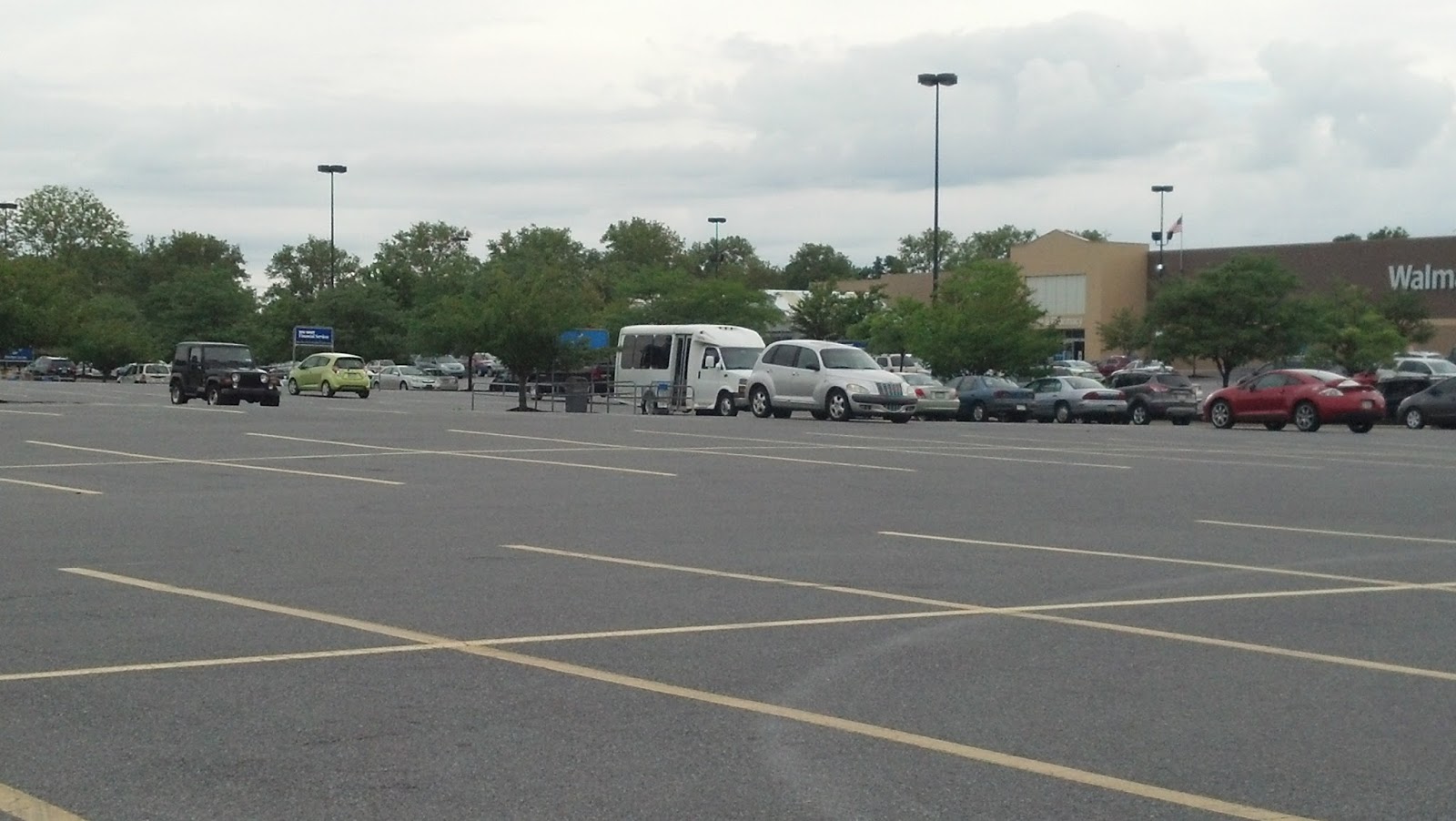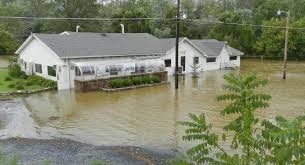Scott Alderfer nails it on his blog “streamhugger“. Scott is the chair of LMT’s EAC. There should be no taxpayer funded free rides for largescale developers when it comes to stormwater management. I don’t want to pay for poor design and I don’t want to make you pay for it. The entities who cause flooding and pollution are the ones who should pay. I am always for bottom up gov’t. This gives municipalities the tools we need to control flooding issues. The alternative is broad clumsy state or federal regulations which lead to unfunded mandates and strain on taxpayers.
Category Archives: Local Gov’t 101
Commissioner Race – Glaring Policy Contrasts
Below are 5 of the most glaring contrasts between the incumbents and myself. There are many more. These are just the most obvious. This election is a clear choice. By attempting to pull the focus off these issues, the incumbents are playing little political games. These are the issues that matter to residents.
Land development/Growth issues
More:
Transperancy LMT style
2. Allen Organ upzoning/conflict of interest – Here is the elevator sypnosis: Weis wants to move across the street to new store with gas-pumps. Weis thinks they can then compete with the Wegmans and Giants of the world. Ok that is fine. No problem with a private business doing what they think they need to do to improve business. They have every right to do this since previously the parcel across the street was zoned commercial. Supermarkets are allowed in C-Commercial.
Now….Fast forward a little bit. A developer wants to facilitate project. The developer can’t make money off of just building a supermarket on this parcel with it’s many constraints that make it tough to develop. (railroad, floodplain, limited frontage) So developer asks board of commissioners to change the rules so they can also build up to 250 apartments. This way the developer can make money. So board unanimously rubber stamps a bran new zoning ordinance that will allow developer to shoehorn a supermarket and apartments on a small parcel. A parcel with one major entrance/exit that will create traffic nightmares on Rt. 100. The realtor on the property? Happens to be our very own president of the board of commissioners who will cash a hefty commission check off the deal.
More:
Supermarket and up to 250 apartments proposed with new zoning ordinance.
LVPC comments on Allen Organ Plan
Solutions: How do we do better?
Cost benefit analysis of re-zoning
Transferable Development Programs.
Refusal to deal with traffic concerns
3. A Police Department to solve traffic concerns (which would equal a massive tax increase that I do not want) is NOT the answer. The answer is traffic calming measures. Such as the ones outlined here and here. The board has consistently refused to even explore these options. Now that we’ve set ourselves down a certain path thanks to decisions by the current board we need to consider these measures to control traffic and speeding issues. Traffic calming and walkability go hand in hand.
Pennsylvania’s traffic calming handbook
Next, truck traffic. Decisions were made to go all in on warehousing. So now what? Now we need bandaids. Instead of beefing up signage and implementing no truck zones to funnel traffic to safe routes getting them to the highways safely and quickly the board does nothing. “We don’t want to stop commerce” – Roger Reis. I do not get this statement, no one wants to stop commerce. We want to stop trucks from using local shortcuts through residential areas. These trucks are not going from warehouses delivering to our local community. What they are doing is cutting through to get to the highways. We’ve gone all in on warehouses and not we have to deal with consequences and stop burying our heads in the sand. We also must prepare for the next “bypass of the bypass” project and others like it that will cost the taxpayers dearly for terrible decisions over the past 3 years.
Over-regulating homeowners and small business
4. Three examples of new regulations the current board has indicated will pass or already passed.
A. As part of the new Act 537 sewage plan, mandatory inspections of on site sewer systems will be required every 2 years. This is regulating household maintanence. Classic regulatory overkill.
B. New mandatory inspections of all of Lower Macungie’s business owners next year may have to pay for an annual fire safety inspection of their buildings. As a small business owner, I do not believe in imposing additional costs on small businesses.
C. New Tree harvesting regulations limit the amount of trees a private resident can cut down on their property. Two parts to this, first the commercial aspect of this ordinance is great. However, I think the residential limit of certain number of trees in one year was too intrusive.
Preservation of our character.
5. There is no more bigger issue moving forward then managing growth. The biggest recent example was a missed golden opportunity to explore taking land preservation out of the hands of politicians and putting it into permanent preservation mechanisms. The Kratzer farm is the prime example. 88 acres of farmland and open space in a central location providing a positive benefit to 1000s of adjacent homes. For the some reason the board refuses to apply it to the county easement program. (A program voted on and passed by county voters 2-1)
Local Gov’t 101 – What is a Zoning Hearing Board
The Zoning Hearing Board of Lower Macungie was in the news recently. This is the second in a continuing series outlining local government in the greater East Penn area and how you can get involved in the decision making process!
The Zoning Hearing Board (ZHB) is a “quasi-judicial” board that rules on requests for exceptions to the zoning ordinance. The Board also hears appeals from the decisions of the zoning officer. The zoning ordinance is the code of rules that outline what you can and can’t do with your property. The purpose is to protect the rights of landowners but also neighbors and the community at large. For example, if you live in a residential neighborhood, it’s supposed to protect you from someone coming in and building a warehouse adjacent to your property. The ZHB is not responsible for the content of a zoning ordinance but only the interpretation of the ordinance. It’s easy to see why appointments to this board are so important.
Boards consist of three regular members and alternate members, all of whom are residents of the municipality. Members are appointed by the governing board. The board must assure fair and equitable administration of the zoning ordinance. Though the board has some discretion in a township it is bound to the Municipal Planning Code.
All local municipalities in Pa with zoning ordinances have Zoning Hearing Boards. Macungie Borough, Alburtis Borough, Emmaus and Lower Macungie all have their own. Each governing body appoints officers.
Developers, business owners and residents can request relief. In large greenfield development project it isnt uncommon for developers to requests dozens of exceptions. A ZHB must exhibit caution to ensure relief is only granted in cases where it does not harm the general public.
Examples of recent topics during hearings in LMT:
- A restaurant requested relief for an outdoor dining project.
- A resident requested relief to build a fence in restricted flood plane.
- Hamilton Crossings requested a variance allowing for up to 80% impervious cover. (Parking lots, roads, sidewalks and buildings where rainwater cannot seep directly into the ground)
- Panera Bread requested a variances to allow for a drive through.
To receive an exception from zoning rules, an applicant must prove a “hardship” that warrants “relief”.
The ZHB is a critical part of municipal government. Appointments should be taken very seriously. Decisions made play a crucial role in the development and growth of a town.
Learn more about:
What is the role of a Township Board of Commissioners
Coming soon.
What is the role of a Borough Council/Mayor – Alburtis, Macungie, Emmaus.
What is the role of a Planning Commission
What are the roles of professional staff – Zoning Officers, Planners, Managers ect.
Roles of community Groups – How to get involved! Senior Groups, CEPTA, EPIC, Friends LMT, CFC, Historical Commission ect. ect.


